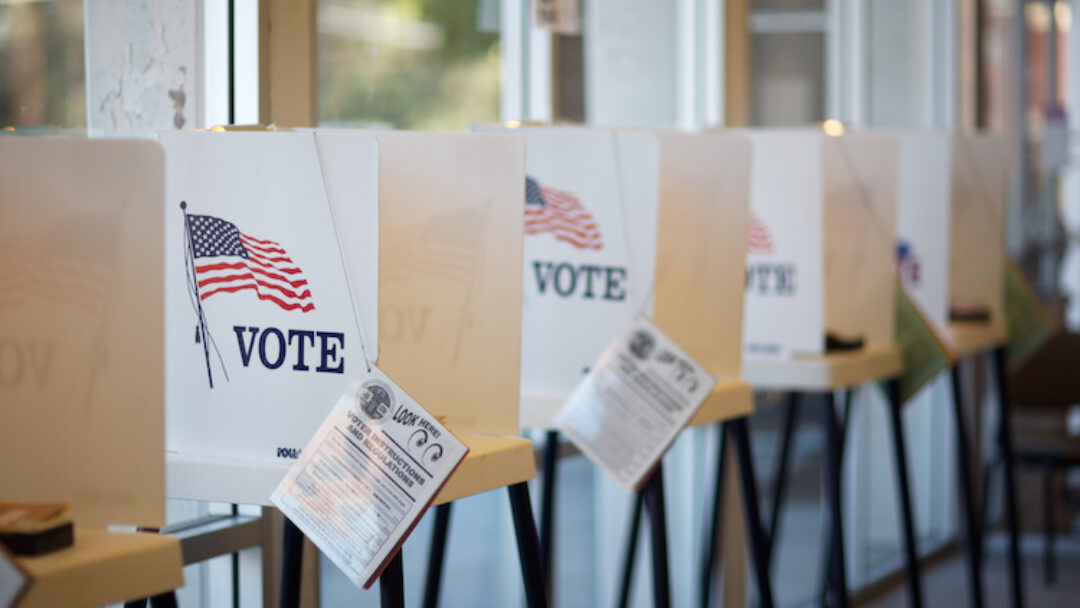A federal judge in Phoenix has ruled in favor of maintaining the provisions of new Arizona laws. These laws would mandate counties to confirm the eligibility of registered voters who have not submitted evidence of their U.S. citizenship. Additionally, the laws would also require cross-referencing of voter registration details with multiple government databases.
On Thursday, U.S. District Judge Susan Bolton determined that Arizona lawmakers were not biased when they passed the legislation, and that the state has a legitimate concern in preventing voter fraud and restricting voting to eligible individuals.
After reviewing all the evidence, the court has determined that Arizona’s priority in preventing non-citizens from voting and ensuring public trust in its elections is more significant than the potential inconvenience for voters to provide proof of citizenship.
According to Bolton, the rule that mandates individuals to disclose their state or country of birth on a state registration form goes against both the Civil Rights Act and the National Voter Registration Act. This would potentially lead to the targeting and investigation of naturalized citizens by county recorders who may hold biased views.
The extensive decision outlines the evidence presented during a court case in late 2023, where specialists discussed the pattern of voting discrimination in Arizona’s history. This included the use of literacy tests that prevented Native American and Latino voters from taking part, as well as the removal of names from voter rolls in the 1970s and 80s, which made it difficult for minority groups to re-register to vote.
According to the judge’s written statement, the past is now irrelevant as there was no proof presented by the plaintiffs to suggest that lawmakers had any intention of hindering the voter registration of minority group members or naturalized citizens during their consideration of the bills in 2022.
The proposed measures would only impact individuals who are unable to provide proof of citizenship. However, advocates for voting rights argued that a large number of people who have not recently updated their voter registration or driver’s license could potentially be impacted.
According to the ruling, non-citizens voting in Arizona is uncommon, and non-citizen voter fraud is even rarer. While the voting laws may not significantly reduce the possibility of non-citizen voting, they could potentially prevent non-citizens from registering or voting in the state.








